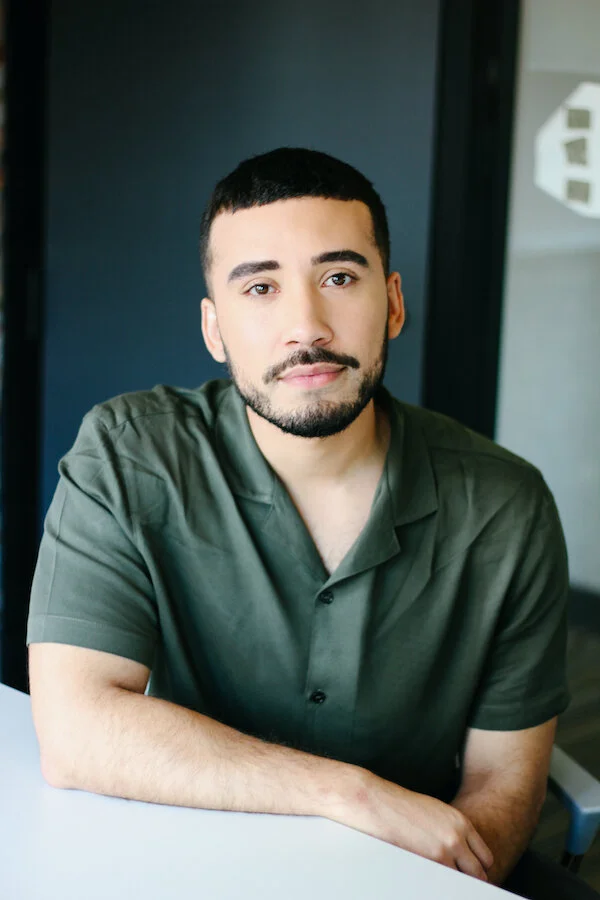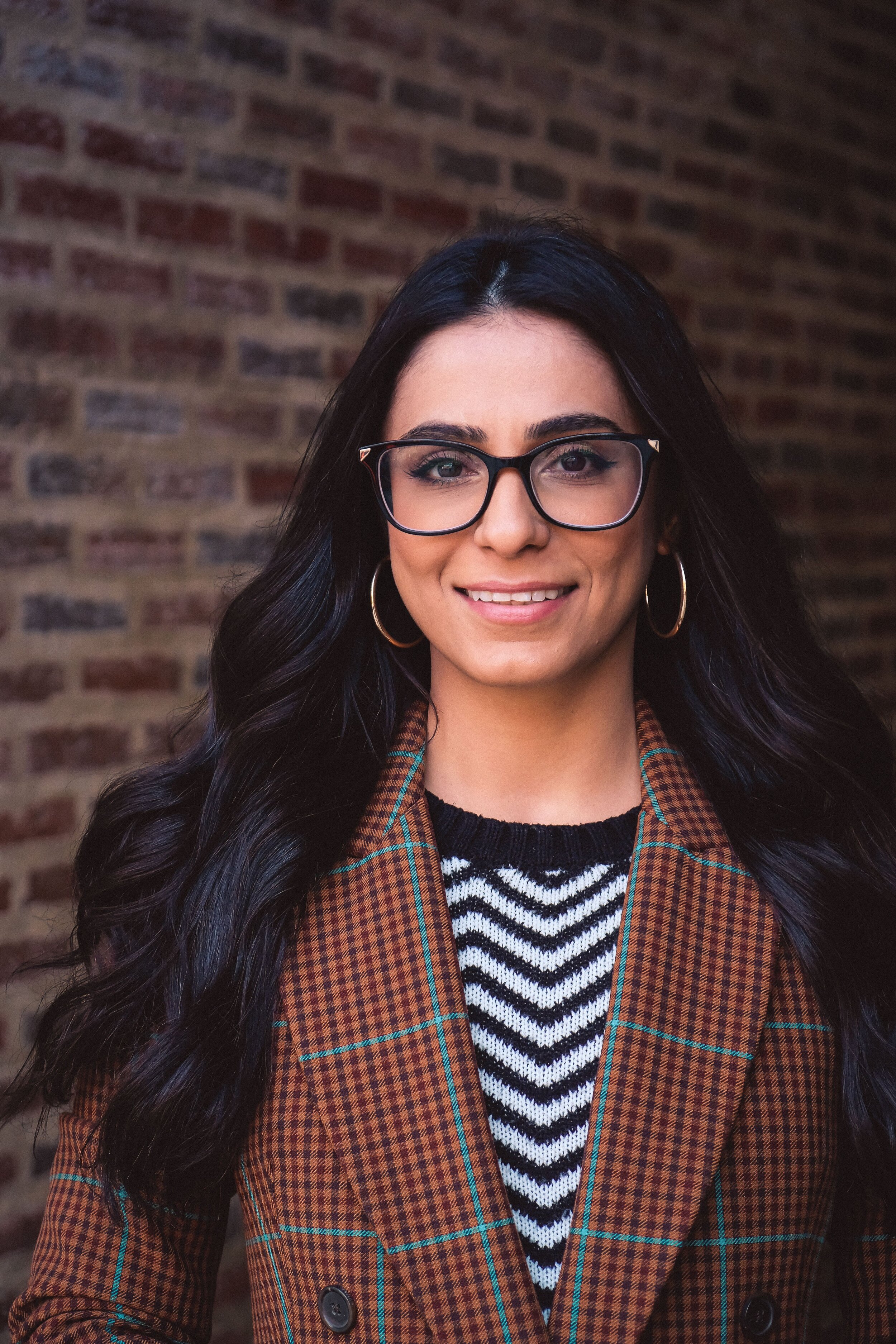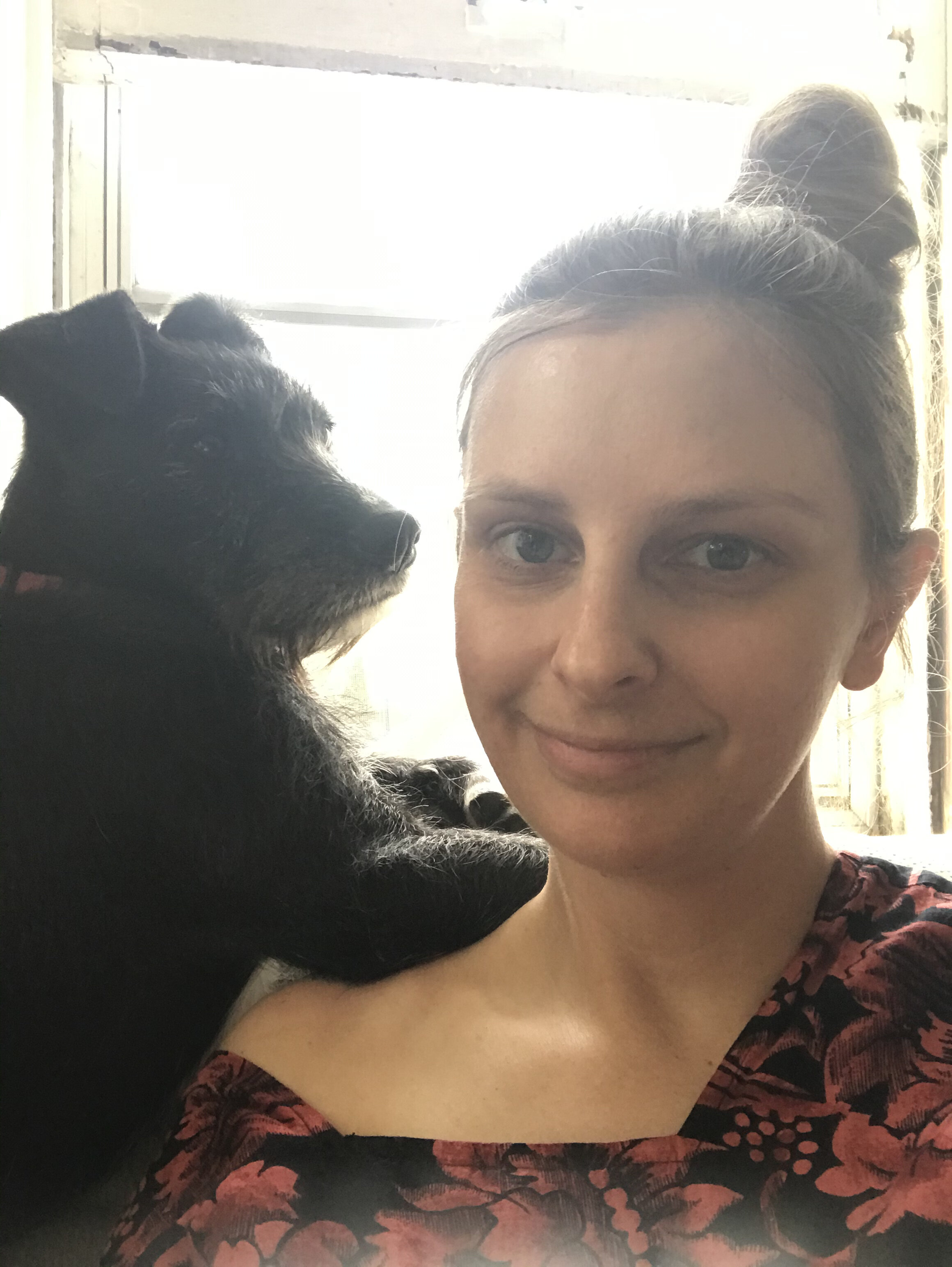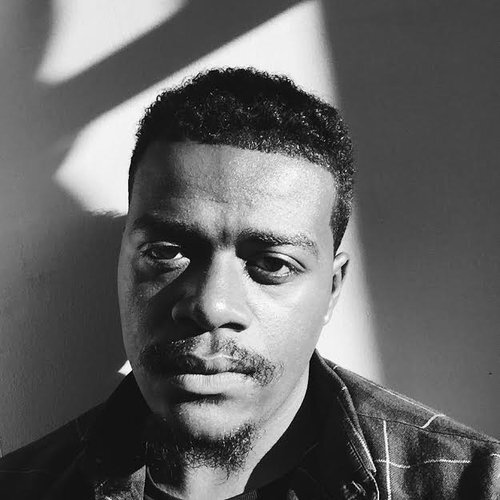

About
About
In the wake of a pandemic, an economic downturn and a historic uprising, Chicagoans are working to mend the wounds left behind.
City Bureau’s How a Community Heals series uplifts the work of Chicagoans invested in community care, mutual aid and healing since the summer 2020 uprisings.
Latest Story
The Healing Power of Chicago’s Soil
For the immigrant farmers of Catatumbo Cooperative Farm, working on land brings them closer to home.
More stories in the series
Molly Costello uses art, seeds, and story to weave our way back into all the ways that connect us.
Stop General Iron organizers talk about healing and their vision for the Southeast Side.
Nancy Bartekian co-founded a local anti-colonial, anti-borders youth collective, SWANA Chicago (SouthWest Asia and North Afrika), that wants to decolonize language, hearts and minds.
Taylor Moon prophesies a beautiful journey of Black spiritual healing in Chicago.
At Casa Al-Fatiha in Logan Square, two local musicians built a sanctuary for LGBTQ asylum seekers.
Alycia Kamil cultivates joy, fights external pressures and burnout as she organizes and heals Black Chicago youth.
Aya-Nikole Cook offers wellness services on the South Side that are historically unavailable for Black and brown Chicagoans.
Chiara Francesca believes trauma-informed acupuncture is communal care.
Tayo Mbande and conspirators made Love Packages to support Black parents as a supreme labor of love and a lesson in equity.
Jennifer Pagán explores how healing work has transformed her organizing and protest.
LaSaia Wade is holding space for the trans and gender non-conforming community.
Contributors
About the series
It can be difficult to see the past year as a year of triumphs. Though each month since March 2020 has brought new outrage, loss and fear, it has also given rise to the largest public uprising in U.S. history.
This cycle of injustice and fiery protest threatens to drown out a quieter, more deliberate work that is just as critical in this moment, but often occurs in private spaces and without fanfare: healing. Whether through mural painting, grocery distribution, intergenerational storytelling or holding community circles, Chicagoans are uplifting the needs of their people while addressing the root causes of trauma.
At City Bureau, we’ve begun to record what community healing looks like today in Chicago, especially for people who call the South and West Sides home.
Our How a Community Heals series documents how Chicagoans have connected with one another since the start of the pandemic, to offer refuge, safety, solidarity, sustenance, joy and collective healing in the midst of crises that threaten to keep us apart.
A special thank you to City Bureau 2020 reporting resident Justin Agrelo who launched this series. This series is available to republish under a Creative Commons license. Read City Bureau’s guidelines here.
Read more series produced by our Civic Reporting Programs
Led by City Bureau’s senior reporter Sarah Conway, four emerging journalists reported on Chicago’s guaranteed income pilot program and private efforts provide cash directly to individuals who struggle to access the social safety net, such as people who have been incarcerated.
Led by City Bureau’s engagement reporter Jerrel Floyd, four emerging reporters looked into the city’s promises to spend a billion dollars building affordable housing. The reporters focused on Bronzeville, where a developer is promising a mixed-income community built with the help of tax-payer dollars near public transportation.
Experts say an eviction avalanche is coming. But thousands of Chicago renters have already been pushed to the brink of the housing cliff.
Fall 2020: How are Chicago’s immigrants empowered through the electoral process, and in what ways do election outcomes affect their lives?
The city faces a historic deficit. Where will the mayor find money, and where will services be cut?
As the census approaches, stakes are high in Illinois as the state has billions of federal funding dollars—and perhaps even a seat in Congress—at stake.
What does Black wealth look like in Chicago? Our reporting fellows look to tell the expansive story of how generations of Black Chicagoans built, lost and passed along wealth by looking beyond the financial statistics.
A Spring 2019 City Bureau project is tackling issues of racial inequity in maternal and infant health and telling stories of community solutions and resilience.
In July 2017, a new court opened on Chicago’s West Side that aimed to restore defendants to the community via peace circles rather than punishing them within the criminal justice system.
Where do candidates stand on the issues West Side residents care about the most? Responses from six front-running mayoral candidates, and aldermanic candidates in the 28th, 29th and 37th Wards.







































